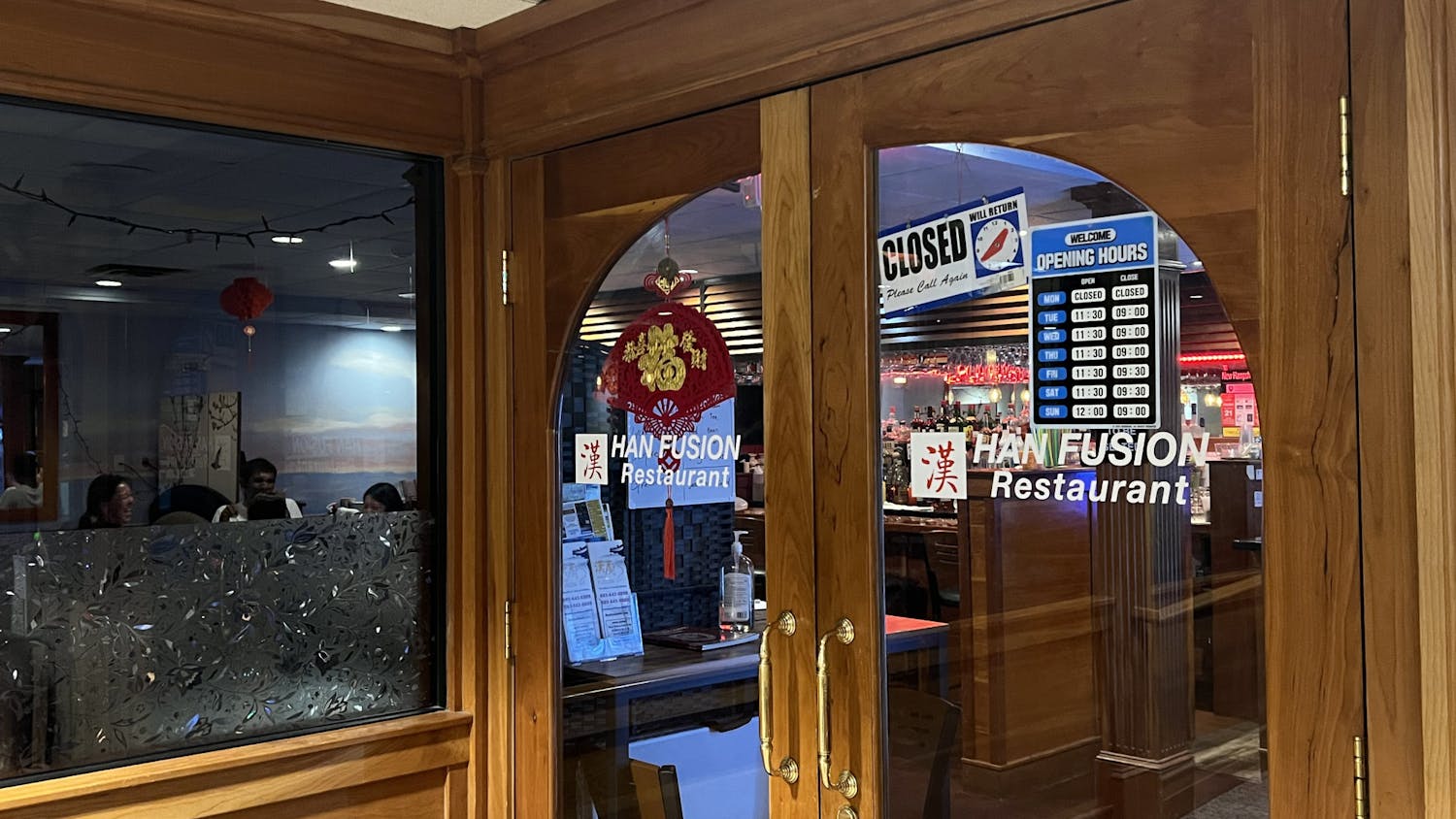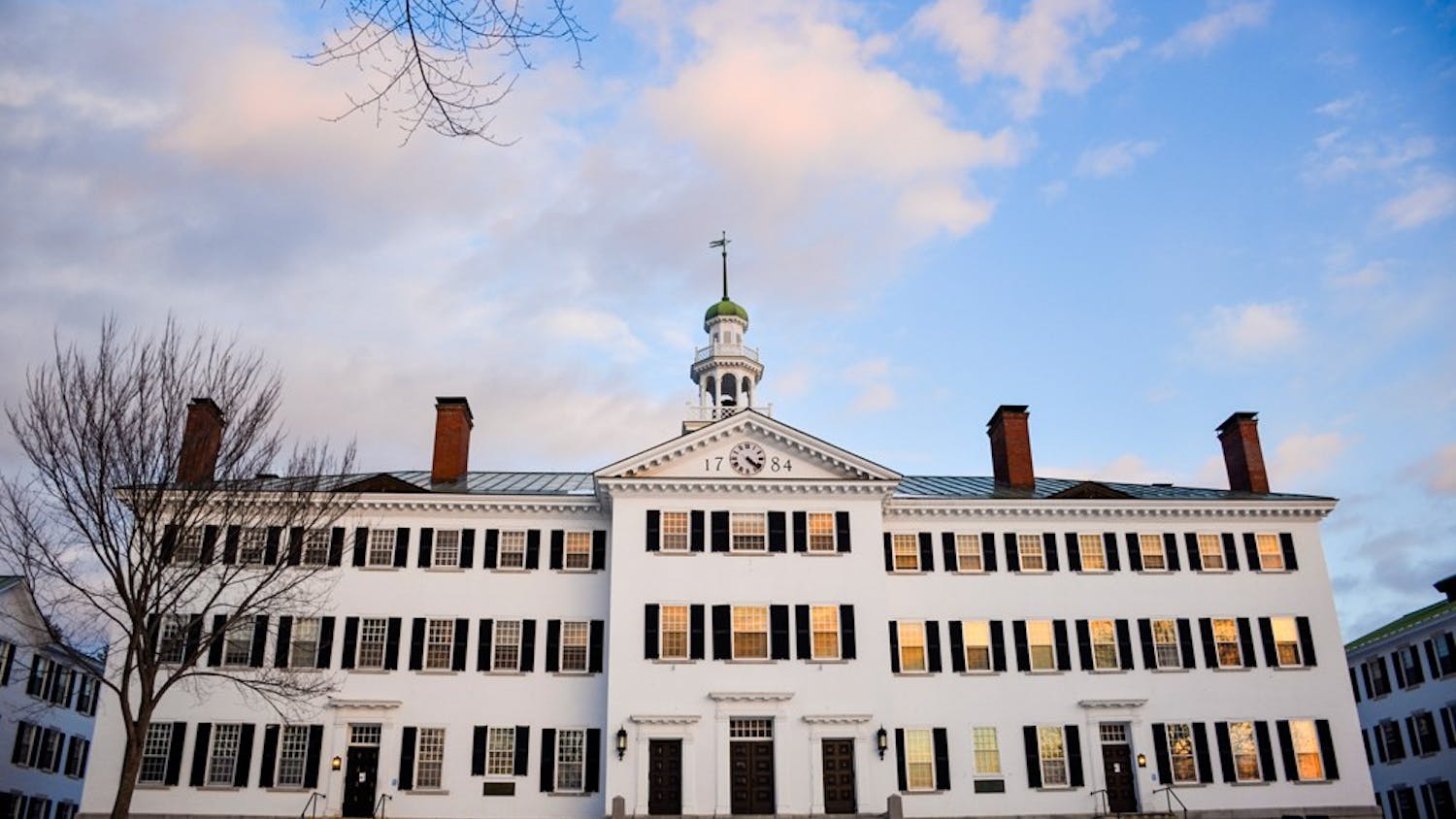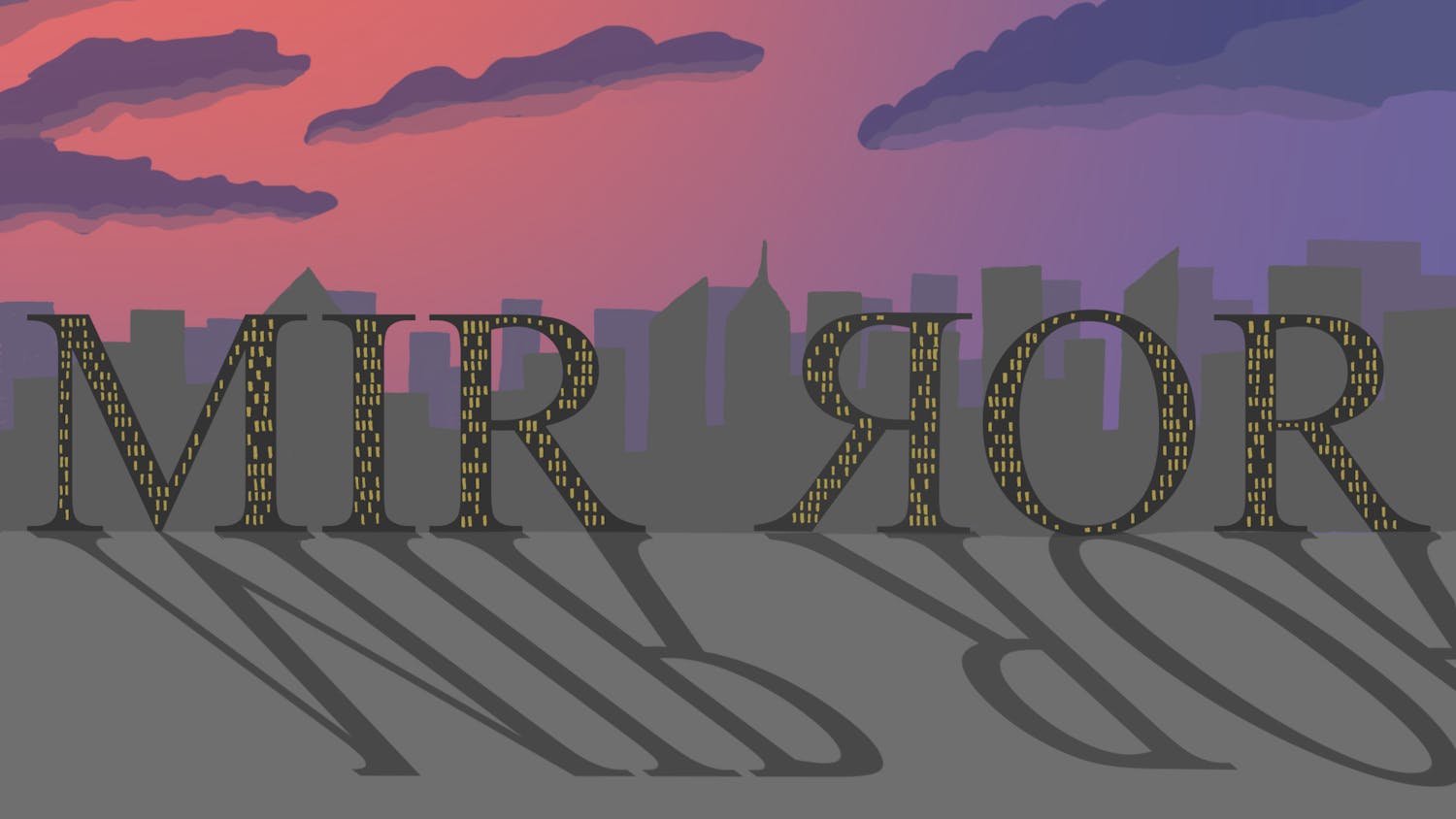Each year, around 600 students participate in research through the undergraduate advising and research office, in addition to those who work through other sources on theses and independent studies.
“In science, anything worth doing is worth doing to mind-numbing, soul-destroying excess,” biology professor Rob McClung said. “That requires hordes of undergraduates.”
McClung studies the daily circadian rhythms that allow plants to coordinate time-dependent processes, such as seasonal flowering and photosynthesis. Loring Schaible ’17 started working in McClung’s lab on the first day of classes his freshman year.
“I started off doing lab chores, filling little pots with soil,” he said. Schaible’s current sophomore science scholarship project involves transferring genes from Brassica plants in McClung’s lab to Arabidopsis plants to analyze the genes’ functioning, he said.
The hardest part of doing research at a liberal arts, primarily undergraduate, institution is finding students who will prioritize a research job, engineering professor Rachel Obbard wrote in an email. Her lab studies the microstructures of ice from glaciers and ice sheets as well as brine movement in sea ice in order to assess the effects of climate change.
“Training an undergraduate requires a huge time and financial commitment,” she said. “The student is sampling all that Dartmouth has to offer and figuring out how much he or she can juggle and what his or her priorities are. Sometimes a research job falls by the wayside.”
For undergraduates looking to work with professors on research, finding someone with a similar “vibe” is essential, Ellyn Golden ’17 said. Golden, who works in Obbard’s lab, first met Obbard while interviewing with several professors for an internship through the Women in Science Project.
“It’s great to get interested in a project, but it’s also really important to meet people you want to work long hours of science with,” she said.
Along with WISP and sophomore science scholarships, Dartmouth undergraduates have access to research opportunities with faculty through senior fellowships, Presidential Scholars and the new First Year Research in Engineering program. Students also find opportunities independently at Dartmouth’s graduate schools and at local facilities such as the Dartmouth-Hitchcock Medical Center. Organizations like the undergraduate research and advising office, the Rockefeller Center for Public Policy, the Dickey Center and Neukom Scholars offer grants and funding to students who work individually with faculty members.
Gianna Guarino ’15 has worked in Obbard’s lab for one year, after taking Obbard’s engineering 008 course and later becoming a teaching assistant for the class. Guarino, a geography major, wanted to participate in scientific research and delve into a highly specific area of science, rather than receive a broad overview through an introductory course.
“My focus is definitely not in science,” Guarino said. “I really wanted to do something that would push me out of my comfort zone and give me exposure to the world of science without necessarily doing it the conventional way and taking a class in it.”
Opportunities for undergraduates to do one-on-one research are readily available through programs and independent action, Guarino said.
“I’ve never met a professor who doesn’t want to help get undergraduates involved,” she said.
Undergraduates who want to do research, however, need to be prepared to invest a significant amount of time, she added.
Elizabeth Bloom ’18 is working for engineering professor Mary Albert through a WISP internship, which requires participants to commit six to 10 hours of their week to research, she said. Albert is looking at the structures of ice cores from polar ice sheets to determine the effects of climate change.
Physics and astronomy professor Barrett Rogers said that another challenge of conducting research at Dartmouth is that faculty generally work alone, as opposed to bigger research universities where faculty work in teams on similar projects.
“When you’re working with other people, really positive things can happen — it’s like a synergism,” Rogers said. “Doing research here is more isolated. That is the downside of working at a smaller place -— it can be harder to compete.”
Faculty also need to manage their time to balance teaching and research, which can be difficult, but the two often inform one another, astronomy professor Ryan Hickox said. In the upper-level classes he teaches, his students complete term projects that involve reading current astronomical literature and expanding on the studies they find.
“Some of the things they work on have actually informed our thinking on some of the research we’re doing,” he said. Hickox focuses on black holes and quasars —regions at the center of galaxies that radiate vast amounts of energy and radiation due to a supermassive black hole -—and how these objects relate to the evolution of galaxies and stars.
Engineering professor Jane Hill said that the amount of time that she spends on teaching versus the amount of time she spends on research differs depending on which terms she has classes.
“When I teach, the balance for research becomes more of a maintenance, a little bit of pushing things out beyond what is expected,” she said.
Even when she is not teaching, making progress on new ideas and writing grant proposals consume a significant amount of time, Hill said. Her lab, which employs seven undergraduate students, works on methods to detect pathogens and biomarkers to diagnose infectious diseases.
“I’ve usually thought about an idea for a year or two,” she said. “It may have been a kernel of an idea [but] I may not have spent a lot of time on it, and once we reach a critical mass of knowledge, then it can make sense to introduce a new project.”
Future work is guided by new questions that arise from projects in progress and how these questions can be solved with the available resources, Hickox said.
“When you finish one project, it always raises more questions than you actually answer,” he said.
The progressive, dynamic nature of the work is what drew McClung to scientific research, he said.
“You can follow your curiosity,” he said. “Research -—that’s what enables you to do it — you’re a student for your whole life, so it’s truly lifelong learning.”



